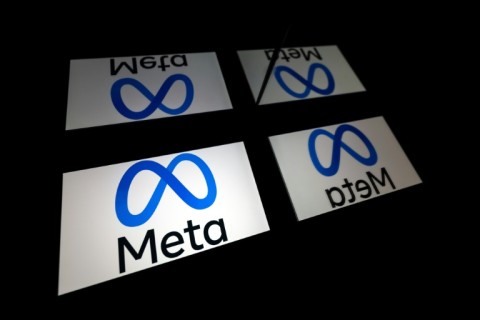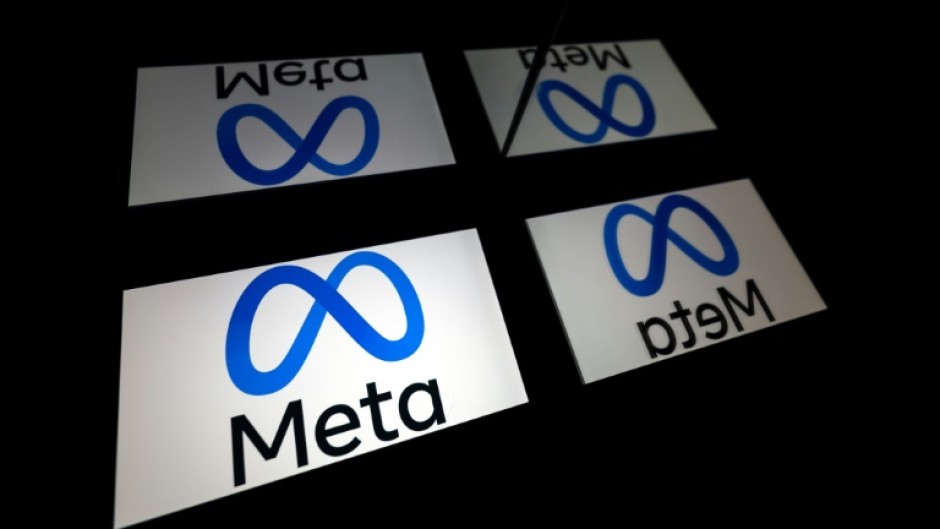
SAN FRANCISCO - Facebook owner Meta unveiled its own version of the artificial intelligence behind apps such as ChatGPT, saying it would give access to researchers to find fixes to the technology's potential dangers.
Meta described its own AI, called LLaMA, as a "smaller, more performant" model designed to "help researchers advance their work," in what could be seen as veiled criticism of Microsoft's decision to release the technology widely, while keeping the programming code secret.
Microsoft-backed ChatGPT has taken the world by storm with its ability to generate finely crafted texts such as essays or poems in just seconds using technology known as large language models (or LLM).
LLM is part of a field known as generative AI that also includes the capacity to execute images, designs or programming code almost instantaneously upon a simple request.
Usually the more staid actor in big tech, Microsoft has deepened its partnership with OpenAI, the creator of ChatGPT, and earlier this month announced the technology would be integrated into its Bing search engine as well as the Edge browser.
Google, seeing a sudden threat to the dominance of its search engine, quickly announced it would release its own language AI, known as Bard, shortly.
But reports of disturbing exchanges with Microsoft's Bing chatbot -- including it issuing threats and speaking of desires to steal nuclear code or lure one user from his wife -- went viral, raising alarm bells that the technology was not ready.
Meta said these problems, sometimes called hallucinations, could be better remedied if researchers had improved access to the expensive technology.
Thorough research "remains limited because of the resources that are required to train and run such large models," the company said.
This was hindering efforts "to improve their robustness and mitigate known issues, such as bias, toxicity, and the potential for generating misinformation," Meta said.
OpenAI and Microsoft strictly limit access to the technology behind their chatbots, drawing criticism that they are choosing potential profits over improving the technology more quickly for society.
"By sharing the code for LLaMA, other researchers can more easily test new approaches to limiting or eliminating these problems," Meta said.

